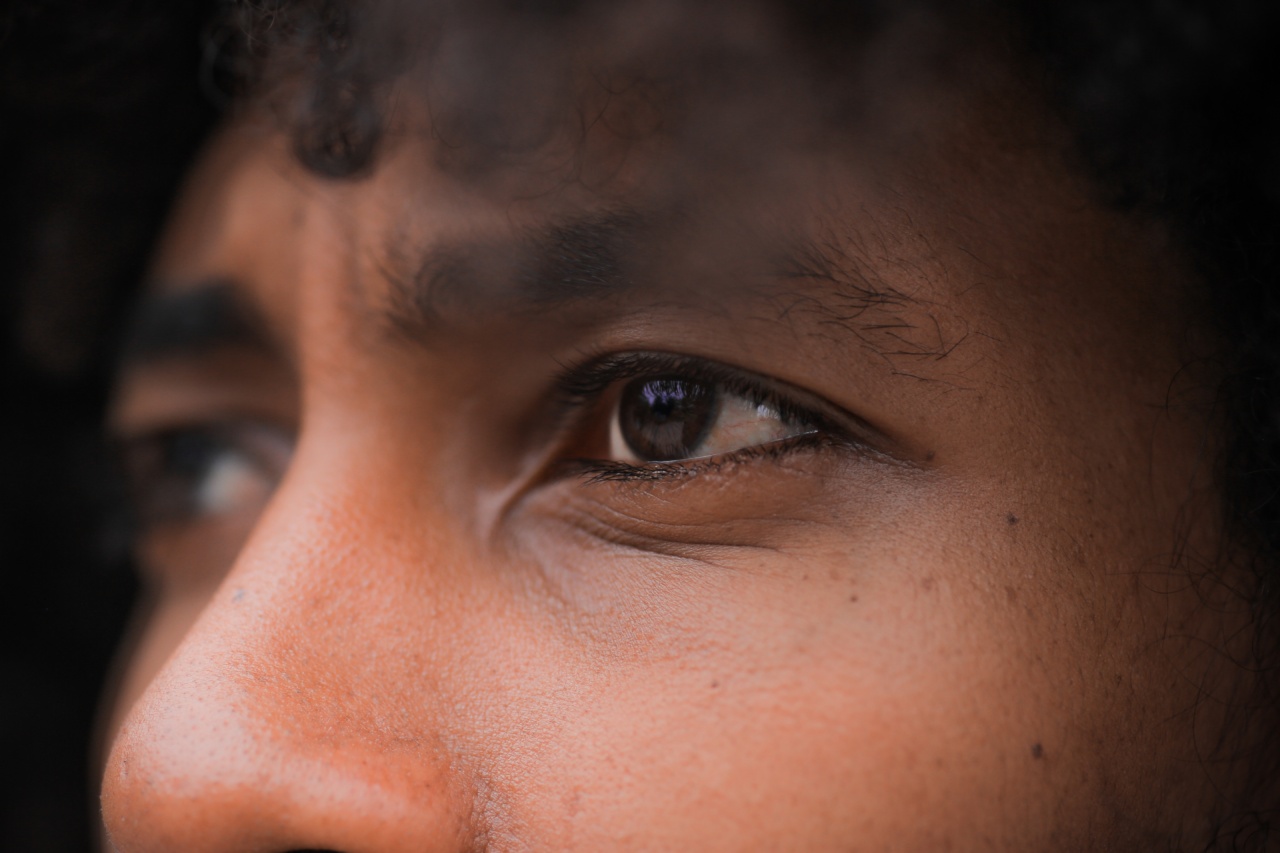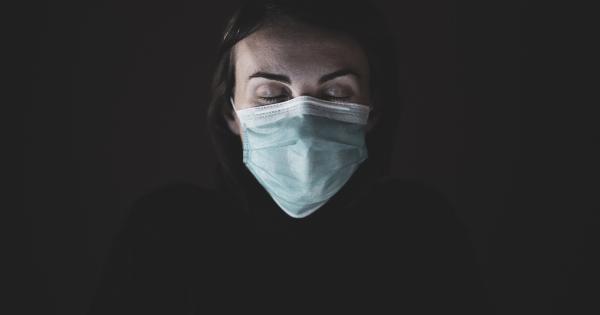Your vision is one of the most precious gifts you have. However, it’s common for people to take their eyesight for granted and overlook the things that might be damaging their vision over time.
Many things can affect your vision, including age, genetics, lifestyle habits, and environmental factors. In this article, we’ll explore some of the silent threats to your vision and provide you with tips on how to protect your eyesight.
Threat #1: Digital Eye Strain
We live in a digital age where most of us spend several hours each day staring at screens, whether it’s a computer, tablet, or smartphone.
While the blue light emitted by these screens isn’t harmful in itself, prolonged exposure to the screens can cause digital eye strain. Symptoms include blurred vision, headaches, eye fatigue, and dry eyes.
To avoid digital eye strain, try to follow the 20-20-20 rule. Every 20 minutes, take a 20-second break and focus your eyes on something 20 feet away.
Also, reduce glare by adjusting your device’s brightness and use an anti-reflective screen protector if possible. Lastly, remember to blink often to keep your eyes moist.
Threat #2: UV Rays
We all know the importance of protecting our skin from the harmful effects of UV rays. But did you know that UV rays can also damage your eyes? Long-term exposure to UV rays can cause cataracts, macular degeneration, and other eye conditions.
To protect your eyes from UV rays, wear sunglasses that block 100% of both UVA and UVB radiation whenever you’re outdoors. Ideally, the lenses should wrap around the sides of your face to prevent peripheral exposure.
Also, be mindful of the time you spend outside, especially during peak sunlight hours.
Threat #3: Poor Nutrition
Did you know that the food you eat can affect your vision? A poor diet lacking essential nutrients can affect eye health, increasing the risk of age-related macular degeneration, diabetic retinopathy, and cataracts.
To protect your eyes and maintain good vision, it’s important to include foods that are rich in eye-healthy nutrients in your diet.
Consuming foods that are high in omega-3 fatty acids, vitamins C and E, zinc, and lutein can help keep your vision healthy. These foods include leafy greens, oily fish, nuts, citrus fruits, and eggs.
Threat #4: Smoking
Smoking is harmful to your overall health, and it’s also damaging to your vision. Smoking causes damage to the blood vessels in the eyes, increasing the risk of cataracts, age-related macular degeneration, and optic nerve damage.
The best way to protect your eyes from the harmful effects of smoking is to quit. If you find it challenging to quit, seek help from your doctor.
You can also reduce the harmful impact of smoking by avoiding smoking around others and avoiding secondhand smoke.
Threat #5: Lack of Sleep
Getting enough sleep is vital for maintaining good eye health. Sleep allows your eyes to rest and repair any damage to your eyesight from daily strain. Chronic lack of sleep can lead to severe eye strain, which can cause dry eyes and blurred vision.
To help avoid eye strain related to lack of sleep, try to establish a consistent sleep routine. Aim for at least seven hours of sleep each night, avoid caffeine and alcohol before bedtime, and create a relaxing sleep environment free of distractions.
Threat #6: Air Pollution
Air pollution is a threat not just to your overall health, but also to your eyesight. Polluted air can carry microscopic particles that can cause eye irritation, dry eyes, and other eye conditions.
Additionally, long-term exposure to air pollution can increase the risk of age-related macular degeneration.
To combat air pollution, avoid walking or exercising outside during high pollution alerts. Additionally, use air filters in your home or office to reduce airborne pollutants inside your living spaces.
Threat #7: Ignoring Vision Changes
Many people tend to overlook changes in their vision, especially if they happen gradually over time. However, neglecting changes in your vision can lead to more severe eye problems.
Therefore, it’s essential to attend regular eye exams to detect any vision changes early.
Proper vision care should include annual eye exams to monitor any changes in your vision, even if you’re not experiencing any symptoms.
Regular exams can help detect and treat conditions such as glaucoma, cataracts, diabetic retinopathy, and age-related macular degeneration early on before they cause permanent vision loss.
Threat #8: Rubbing Your Eyes
It’s quite common to rub your eyes when you feel itchy or tired, but this seemingly harmless habit can cause damage in the long run. Rubbing your eyes can lead to eye infections, corneal abrasions, and even damage to the cornea leading to vision loss.
To avoid these risks, try to resist the urge to rub your eyes. If you must, wash your hands first. If your eyes are itchy or irritated, use eye drops or a cool compress.
Threat #9: Contact Lenses
Contact lenses are a popular alternative to glasses for vision correction. However, if not worn or handled correctly, contact lenses can lead to severe eye problems.
Issues such as corneal scratches, infections, and corneal ulcers can occur due to improper lens handling or wearing them too long.
To avoid these problems, ensure that you follow the instructions of your optometrist thoroughly. Also, avoid wearing contacts longer than the recommended time, and clean and store them correctly.
Threat #10: Ignoring Eyewear
Glasses and contact lenses are essential for individuals with visual impairment or those who are at risk of eye conditions. However, if you’re not wearing the proper protective eyewear, you might be putting your eyes at risk of injury.
For instance, if you participate in outdoor activities such as sports or work with hazardous materials or objects, you must wear protective eyewear to shield your eyes from injury.
Ignoring the need for proper eyewear can lead to severe eye injuries that could cause permanent vision loss.
In conclusion, your vision is essential, and it’s crucial to take steps to protect it. By taking note of the threats to your eyesight and practicing good eye care habits, you can maintain healthy vision and enjoy a better quality of life.




























